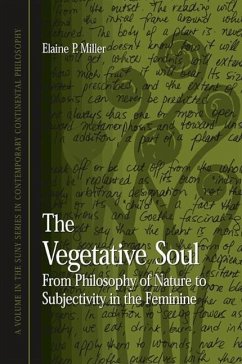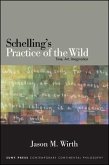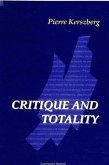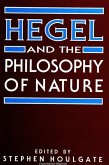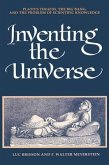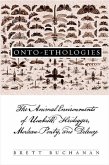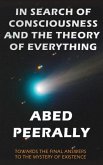The Vegetative Soul demonstrates that one significant resource for the postmodem critique of subjectivity can be found in German Idealism and Romanticism, specifically in the philosophy of nature. Miller demonstrates that the perception of German Idealism and Romanticism as the culmination of the philosophy of the subject overlooks the nineteenth-century critique of subjectivity with reference to the natural world. This book's contribution is its articulation of a plant-like subjectivity. The vision of the human being as plant combats the now familiar conception of the modern subject as atomistic, autonomous, and characterized primarily by its separability and freedom from nature. Reading Kant, Goethe, Holderlin, Hegel, and Nietzsche, Miller juxtaposes two strands of nineteenth-century German thought, comparing the more familiar "animal" understanding of individuation and subjectivity to an alternative "plantlike" one that emphasizes interdependence, vulnerability, and metamorphosis.

